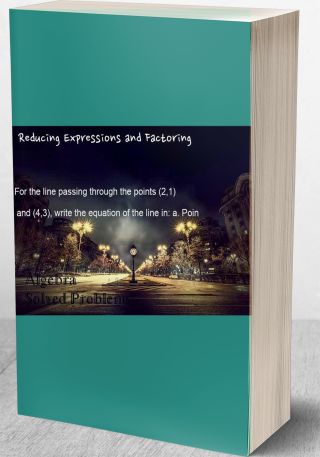A lot of investors have been reading about something called the "new-fund effect." That's the tenden
Question: A lot of investors have been reading about something called the "new-fund effect." That's the tendency of new funds to outperform their older peers because of any one of a number of factors: better access to initial public offerings, more motivated managers, or better spreads on trades. However, despite the potential growth benefits of new funds, their volatility makes many investors uncomfortable. Consider a sample of 20 newly created mid-cap mutual funds and a sample of 20 newly created small-cap mutual funds randomly selected from all mutual funds that are less than 18 months old. The data are given below.
New Mid-Cap Funds
13.7 7.9 13.6
11.2 14.6 9.5
10.8 11.3 12.0
12.7 13.7 7.9
13.6 11.4 14.6
9.5 10.8 11.3
12.0 12.7
New Small-Cap Funds
15.3 9.8 13.5
8.6 15.2 14.9
11.5 25.2 6.3
12.4 15.3 9.8
13.5 8.6 15.2
14.9 11.5 25.2
6.3 12.4
a) Is there sufficient evidence that there is a difference in the variance of newly created mid-cap vs small-cap mutual funds? Use a level of significance of 10 percent.
b) Just for the fun of it, using the results from part a, test to see whether or not there is a statistically significant difference between the average annualized performances of the mid-cap funds versus the small-cap funds. Do this test at level of significance of 10 percent.
Deliverable: Word Document


![[Solved] A study is designed to determine the effect of an office-training course on typing productivity. Ten #20349 Hypothesis Testing - T test](/images/downloads-images/featured/Statistics-question-20348.jpg)

![[Solved] Four pairs of data yield r = 0.942 and the regression equation y#770;=3x. Also, y#772;=12.75. What i #25439 Hypothesis Testing](/images/downloads-images/featured/Statistics-question-19190.jpg)
![[Solved] Using the chart below, assume you collected exam scores from 1000 students whose mean difference sco #23019 Hypothesis Testing - Z test](/images/downloads-images/featured/Statistics-question-23650.jpg)

